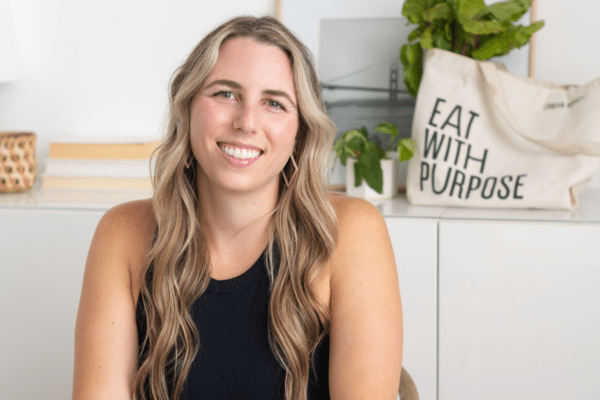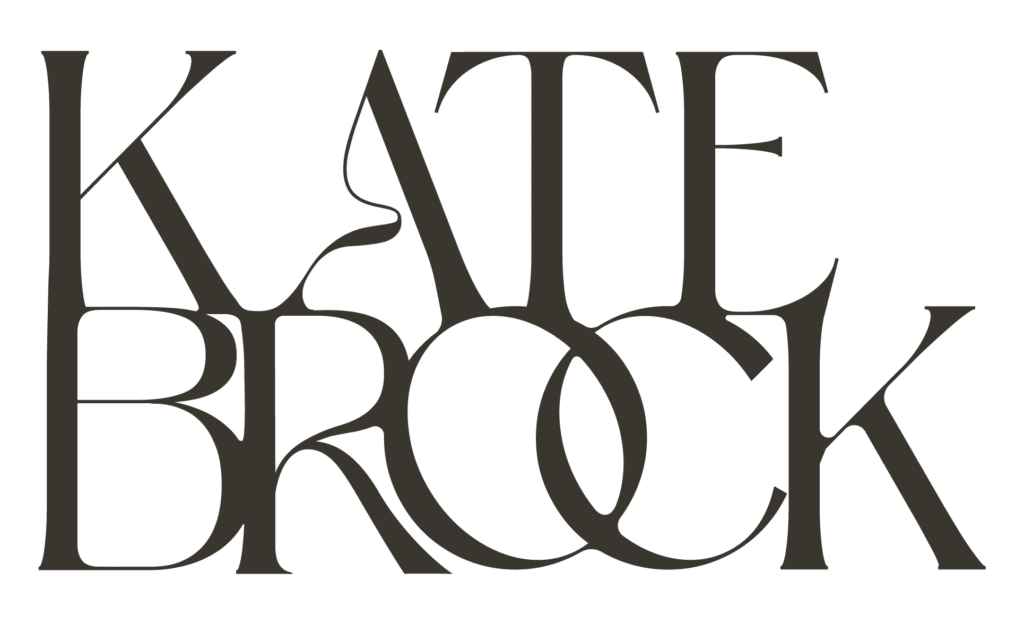What if I, a Licensed HAES Dietitian in Washington, DC, told you that all of the diets you’ve ever tried have likely caused more harm than good? If fact, I might even say that these diets have been the cause of your weight fluctuations, instead of the solution.
The reason diets are so harmful is that they tend to focus on weight loss, and almost always require you to restrict yourself to some degree, either through cutting out essential food groups, like grains, or through obsessive portion control and calorie counting.
What happens next is that your body goes directly into survival mode. Your brain becomes convinced that you’re starving because you’re never eating to satisfaction anymore…this causes cravings to ramp up and binging is more likely to occur as your brain begs you to eat.
It’s an endless cycle of restrict ▶️ binge ▶️ feel shame ▶️ repeat.
It’s important to note that weight is not based solely on what and how much you eat, but on your genetics (in fact, it’s mostly based on genetics!), chronic conditions, environmental factors, socioeconomic status, and more…if all of these factors are at play, how could a diet ever really “work”? Spoiler alert: it never will.
You may not believe me, but I’m here to tell you that doing away with diet culture for good is the answer to actually feeling your best. I’m not talking about weight. I’m talking about the real markers of health…your energy levels, your sleep quality, and most importantly, your overall well-being…all of which have nothing to do with the number on the scale.
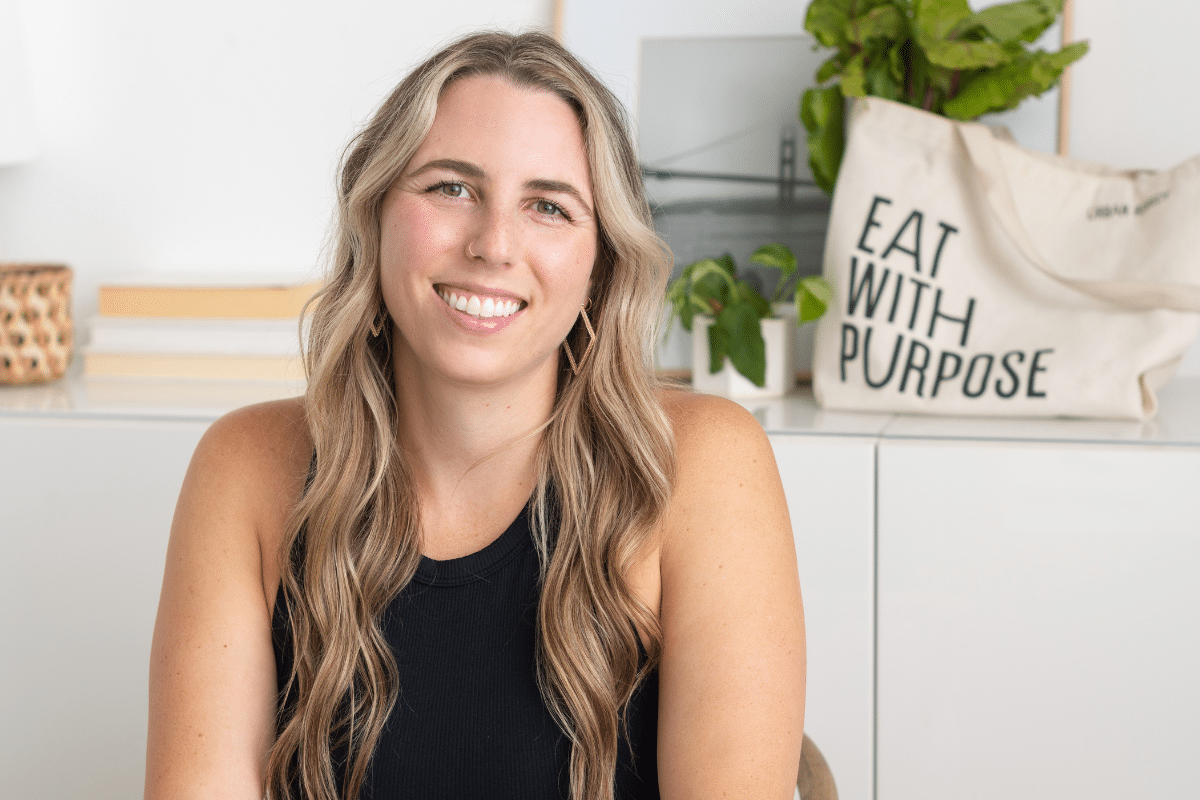
Defining “Healthy”: It’s What’s on the Inside That Counts
If we look at the goal of a diet, for most people, it’s about weight loss. We live in a society that values smaller bodies over larger ones. In many people’s minds, skinny = “good” and “healthy”, and fat = “bad” and “unhealthy”.
I’m careful to put healthy and unhealthy in quotes here. I often ask my clients, can you really tell from the outside looking in whether or not someone’s healthy? It’s not about how big or small a person is. The real markers of health have a lot more to do with what’s going on internally rather than externally.
Someone in a larger body can have perfect blood pressure, feel energized, and enjoy great health. Similarly, someone in a smaller body may still struggle with chronic health issues, fatigue, or emotional distress. Body size alone doesn’t tell the full story of a person’s well-being.
Once you’ve let this sink in and rewired your brain to stop associating thinness with good and fatness with bad, an idea our society pushes on all of us from a young age, the real work can begin. You can officially say goodbye to dieting and self-sabotage by embracing the HAES approach to health.
The HAES dietitian Approach
HAES stands for Health At Every Size, and is an approach to health that cares for and respects people of all body sizes. Instead of focusing on weight loss and thinness as a marker of health, dietitians who use this approach focus on the overall well-being of each individual.
This movement within the healthcare world began in the 1990s and has been revolutionary for people who’ve received care from providers that embrace the movement, especially for people with larger bodies. We know that weight bias negatively impacts health & many people in larger bodies have been discriminated against or received inadequate care from providers previously.
A HAES Dietitian recognizes that anyone, regardless of size, can be healthy, and that many factors contribute to a person’s health. We also recognize that true health is achieved through caring for one’s body and mind.
So while a HAES Dietitian is a nutrition expert and will work with you on a personalized nutrition plan and incorporate mindful eating, they will also look at you holistically.
In addition to diet, they will also look at movement regimens, stress management techniques, and everything else that makes you healthy, without ever needing to step on a scale.
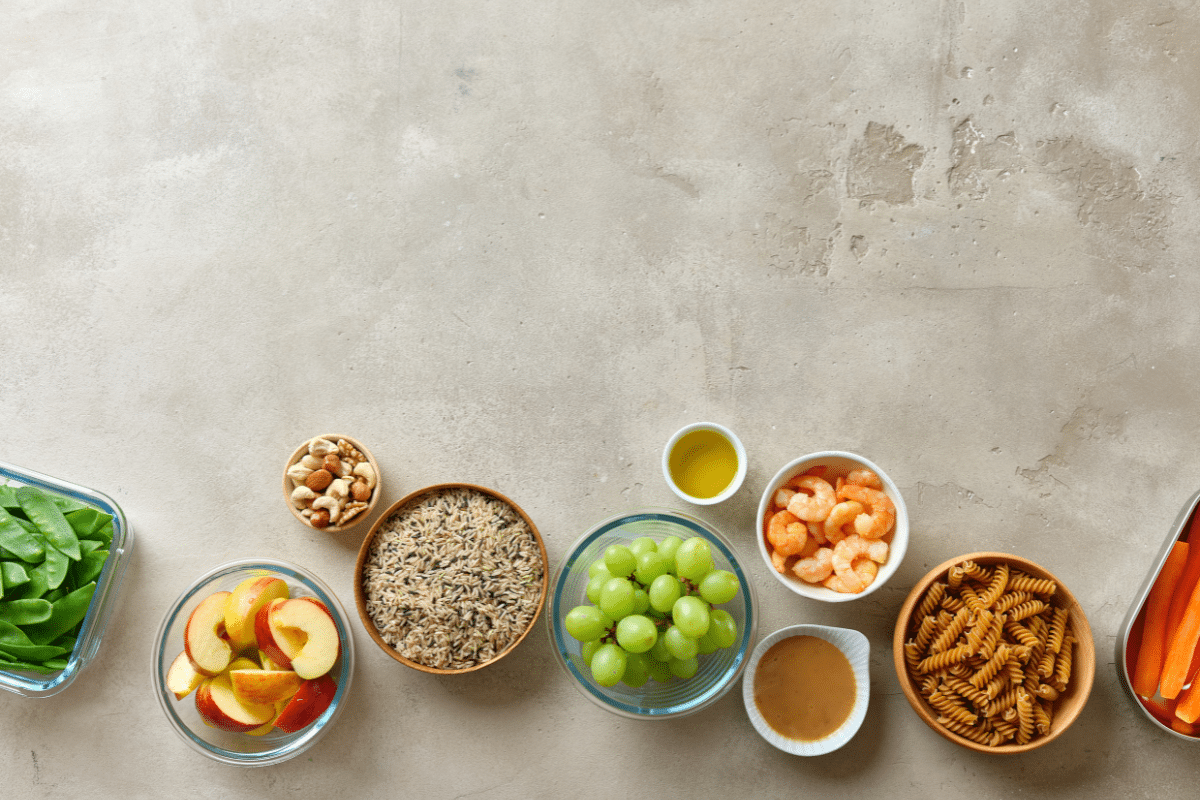
The 4 HAES (Health At Every Size) Principles
To understand more about HAES and the pillars of its approach, here are the main principles a HAES Dietitian works to actively support.
You can read more about these principles in depth and learn more about HAES on the Association for Size Diversity and Health (ASDAH) website here. I’ve also summarized them for you below:
“Healthcare is a human right for people of all sizes, including those at the highest end of the size spectrum.”
BMI, a persons weight, or their attitude toward health and wellness should not be factored into whether or not they “deserve” treatment. Everyone deserves compassionate, thorough, and quality care, and your HAES Dietitian will understand this.
“Care is fully provided only when free from anti-fat bias and offered with people of all sizes in mind.”
Fatphobia harms many people and their health. Anti-fat discrimination often leads to poorer quality of care for those with larger bodies. We have so much research around this, but the health field continues to cause harm.
In addition – health research, education, and policies that don’t consider the full spectrum of body types. It’s important that providers consider their own anti-fat biases before claiming to embrace HAES.
“Health is a sociopolitical construct that reflects the values of society.”
We currently live in a society that values thinness over fatness, thus equating thinness to being healthy and fatness to being unhealthy. Working with a HAES Dietitian can help affirm the idea that being healthy is something separate from your size.
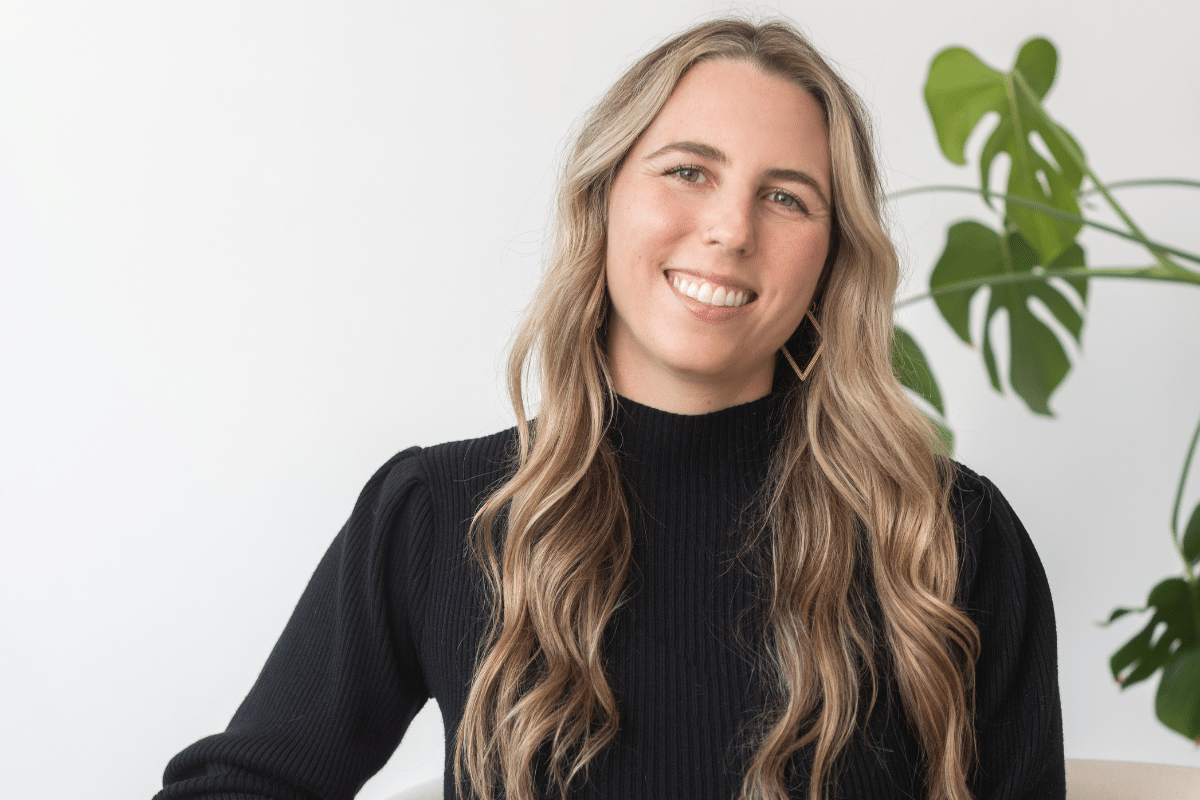
Is a HAES Dietitian Right for You?
Does this sound like you? you’ve spent years wondering why, no matter how often you step on the scale, no matter how many fad diets you try, no matter how many calories you consume, why can’t I lose weight? It might be time to shift the focus from your weight to how you feel.
Kate Brock Nutrition is a team of Licensed Dietitian Nutritionists in Washington DC who embrace Health At Every Size and seek to support women in their journeys to feeling their best. We understand that every individual defines their own “best”, and that optimal health is not related to body weight.
We aren’t here to tell you what to do, but instead to provide you with the tools and education to be able to make changes that will positively impact your relationship with food, eating, body image, and how you feel, physically and mentally.
At Kate Brock Nutrition, we are all about:
- The HAES approach
- Understanding hunger/fullness
- Mindful eating
- Choosing nourishing, nutritious food
- Helping you navigate your health goals without a side of diet culture
- Prioritizing stress management as much as nutrition and exercise
What we aren’t focused on:
- Restricting
- Portion control
- Eating on autopilot
- Obsessing over eating “healthy”
- Exercising to burn calories
- Disregarding stress as a component of health
Everyone on our team wants you, whoever you are, regardless of body size, to receive quality treatment from whichever dietitian you choose to work with.

Take the Next Step: How to Get Started Working with a HAES Dietitian at Kate Brock Nutrition
If you’re curious what it would be like to work with a HAES dietitian, we got you.
Here are the steps to get started:
1: Book a free call with us here.
2: After your complimentary call, you’ll schedule an initial session where we will discuss your needs and desires when it comes to nutritional counseling, your current nutrition habits, and your health history, and run any lab work deemed necessary.
3: Receive a customized nutrition plan based on your unique needs and body. We will break this down into small, bite-sized steps and work on these small goals in between sessions. This is how we create long-term success! No more stopping and starting over.
4: In each follow-up, we will discuss your goals and progress, then discuss how to continue moving forward.
5: Live in your newfound food freedom!
You don’t have to navigate breaking free from diet culture alone. Whether you need support with intuitive eating, eating disorder recovery, hormone balancing, gut health, or fertility, we are here to help you.
We hope this guide has been helpful to you! Working with a HAES dietitian in Washington DC can be truly life-changing. It can help you strengthen your relationship with food, and feel more confident in your body. We are excited to get started working with you!
You can go here to book your complimentary call with us here or go here to learn more about our services.
Read these next:
How to Verify Insurance Benefits for Nutrition Counseling (Aetna & Cigna)
Understanding Hunger Cues: How Intuitive Eating Can Transform Your Relationship with Food

